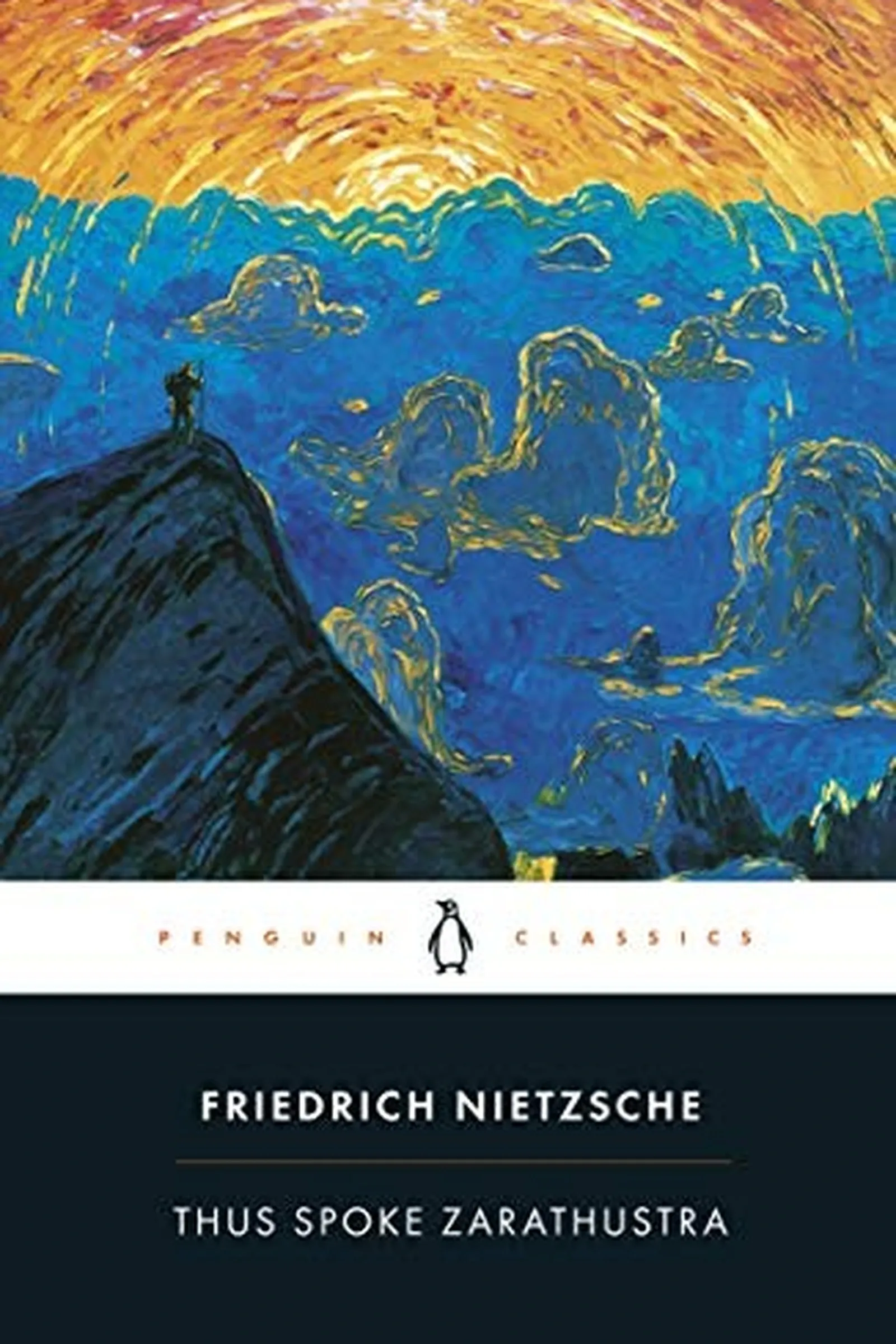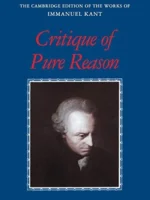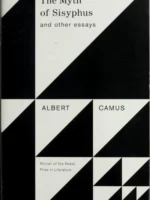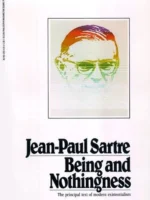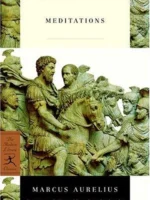Thus Spoke Zarathustra, Friedrich Nietzsche, 1883
- Author: Friedrich Nietzsche
- Genre: Philosophy
- Publisher: Penguin Classics
- Publication Year: 2021
- Pages: 352
- Format: Paperback
- Language: English
- ISBN: 978-0140441185
- Rating: 4,2 ★★★★☆
Thus Spoke Zarathustra Review
Thus Spoke Zarathustra by Friedrich Nietzsche is a strange and beautiful book: part sermon, part poem, part provocation. Written in the 1880s, it follows a solitary thinker who descends from a mountain to share hard won insights about freedom and self invention. For you, this book offers mood and momentum more than system: ideas you feel first and decode later. It is demanding, playful, and unexpectedly tender beneath the thunder.
Overview
The text unfolds in brief scenes and speeches. Zarathustra meets disciples, doubters, and mirror versions of himself. You will notice how the language sings: metaphors of sea and peak, animals and dances. The book argues through images rather than proofs, asking you to live the question before you try to answer it. It is philosophy as performance.
Summary
Zarathustra preaches the death of old gods and calls for new values made by living people. He points toward the overhuman: not a ruler, but a person who shapes meaning from courage and joy. He warns against herd comfort and resentment. He introduces eternal recurrence: the challenge to affirm life so fully that you would choose it again, exactly as it is. The final parts turn inward: less preaching, more wrestling with pride, pity, and solitude. The journey closes with acceptance that creation begins at home.
Author
Friedrich Nietzsche writes like a poet with a hammer. He breaks stale phrases and builds fresh ones in their place. You benefit from his honesty about struggle: he does not hide the cost of becoming yourself.
Key Themes
You will explore self overcoming as a daily craft. You will see freedom as responsibility, not escape. You will meet joy as discipline, not distraction. You will consider recurrence as a test for how you live now. You will face the risk and reward of thinking for yourself.
Strengths and Weaknesses
Strengths: unforgettable voice, rich images, and ideas that stick to your day. Weaknesses: opaque passages, a non linear form, and a style that invites misuse. Overall: a book to reread rather than finish.
Target Audience
This suits readers who like philosophy with fire, literature that argues, and texts that reward marginal notes. It works for anyone rethinking purpose and power in personal terms.
Favorite Quotes
Short lines land: become who you are, want your fate, a yes that costs. They turn big ideas into pocket prompts.
Takeaways
For you, the main takeaway is simple: live as a creator, not a copy. Choose values you can carry, accept the price of them, and let joy be proof that your choices fit.
| pa_author | Friedrich Nietzsche |
|---|---|
| ISBN | 978-0-393-91522-6 |
| pa_year | 1969 |
| Pages | 328 |
| Language | English |
